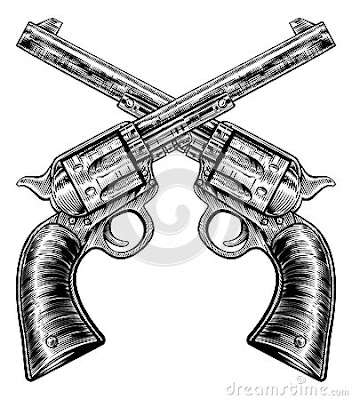Timekeeping
Time is the greatest nonrenewable yet infinite resource
in the universe but depending on your particular brand of philosophy, it may
not actually exist. And even if it does,
all your money won’t another minute buy.
Still, we rely on time, a figmentary unit of measure that is made up
wholly of the near future and recent past to tell us “when” something
happened. In the beginning of my
campaign, I paid only the vaguest sense of attention to when things occurred
“in game”. As the story continued and
began to grow and as characters from other games began to join what had become
my “main storyline”, I had to begin assigning dates to keep track of my world’s
own internal history. Luckily, I had
some rough estimates of when things happened so I started piecing together a
timeline.
It took months to compile all of the campaign’s history
into a useable format but what I ended up with amazed me. I had assembled a tool, a reference that I
could use to plan upcoming adventures, a way to go back and pick up plot
threads that had been left behind and reintroduce them, and a Chronicle of my
world and the characters living within it. This timeline chronicles the events of every campaign I have taken part in except for the first one I ran (which consisted of opening to a random page of the Monstrous Compendium and having the players fight the monster in question), the one where I played Duncan Brontoskin (which happened back before I kept notes), and the stories that didn't last for more than one or two sessions before I decided that I was ready to start something different.
What about you?
How much attention do you pay to time in your campaigns? Is it a simple matter of “It’s been a few
months since your last adventure” or would “You leave Town X and travel to Town
Z, arriving three days later” be closer to your style of play?







Comments
Post a Comment